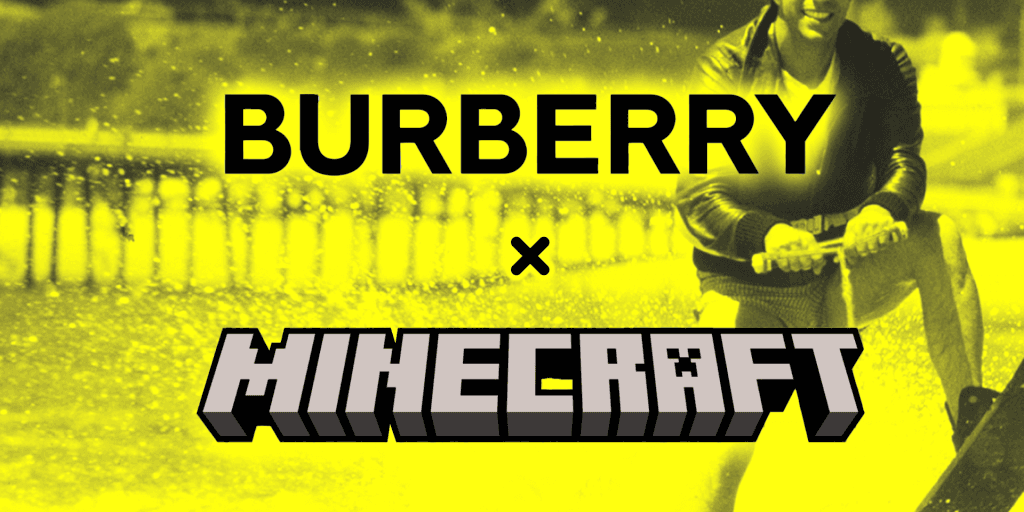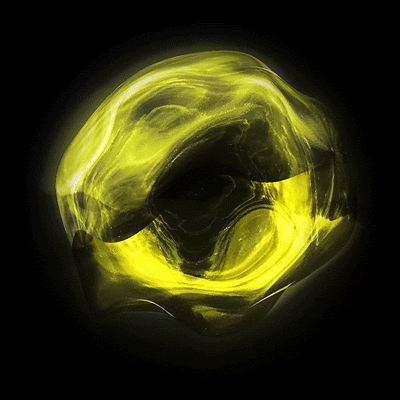
I was scrolling through my LinkedIn feed a while back and came across a post announcing the collaboration between Burberry and Minecraft. That’s right, the 166 year-old British luxury fashion house and the now Microsoft-owned building game that has become the best-selling video game of all time.
Now I love a good collaboration – I have to admit a bit of an addiction to the mutant offspring of cycling brand, Rapha, and skateboarding enfant terrible, Palace. And it’s certainly nothing new – fashion designer Elsa Schiaperelli worked with artists across the 1930s and 40s including Salvador Dali, Man Ray and Alberto Giacometti.
After reading about this collab though, I went down a little rabbit hole to see what other luxury brands had dabbled in the video game space, and Burberry is certainly not the first. Balenciaga’s Fortnite hoodies (yours for an average AUD1200 on StockX) dropped in 2021 both in game and IRL.
We’ve clearly reached peak collaboration saturation. And according to this article, the reason why appears to come down to desperation amongst brands for attention (Balmain x Barbie?), in a world where many are scrambling to stay relevant. But misalignments like these raise the question of whether collaborations have become mere publicity stunts rather than genuinely innovative ventures. Have brands become so focused on creating buzz and generating quick revenue that they’re losing sight of their own identity and alienating their core audience?
As we discussed in a post last year on the Royal Family, good collaboration works both ways, adding value to both brands (Lizzie was just another royal until she teamed up with the corgis). Even seemingly mismatched brands can provide an element of surprise that can be key to capturing column inches or scrolling fingers.
Perhaps I’d be a little less cynical about a collab like Burberry and Minecraft if they simply positioned it for what it is, rather than trying to rationalise it as “entirely natural.” Case in point: the Palace X Gucci collaboration ended its bizarroworld launch video with a (literal) bunch of muppets sitting around a boardroom table chanting the two brand names.
Collaboration is one of AFFINITY’s values. And this is hardly surprising in an organisational setting. In fact, if you’ve ever visited our offices you might have noticed it’s painted onto our walls alongside our three other values – Curiosity, Courage and Craft. However, what you may not be aware is that three different artists painted the first three and then collaborated on the fourth. Which in all honesty, is easier said than done. We all have egos (especially creative people), and sharing centre stage does not come naturally.
I believe the secret to genuine collaboration is understanding that it does not equal consensus. It’s about understanding the roles we’re all playing whether that be in a project team, an agency village, or a brand partnership. And if a brand collaboration is on the horizon for you, following are three additional criteria you may want to consider:
Authenticity: Collaborations should feel organic and genuine, with both brands’ identities and core values aligning seamlessly. Forced partnerships that prioritize buzz over substance will only serve to alienate customers in the long run.
Innovation: Partnerships should push the boundaries of what is possible and create products or experiences that are genuinely new and exciting. A successful collaboration should elevate both brands, not dilute their value or identity.
Exclusivity: In a market saturated with collaborations, maintaining a sense of exclusivity and rarity can help partnerships stand out. This may mean limiting the number of collaborations a brand enters or carefully selecting partners that bring a unique perspective and value to the table.
While the Burberry x Minecraft collaboration certainly generated buzz, it also serves as a reminder that success is determined by many other factors than simply chasing after the next viral moment. Take the time to step back, refocus on the brand’s core values, and ensure the partnership will truly reflect and elevate the brand’s identity. Otherwise, in their desperation for difference, brand collaborations may indeed find themselves relegated to the shark-infested waters of marketing gimmicks.








